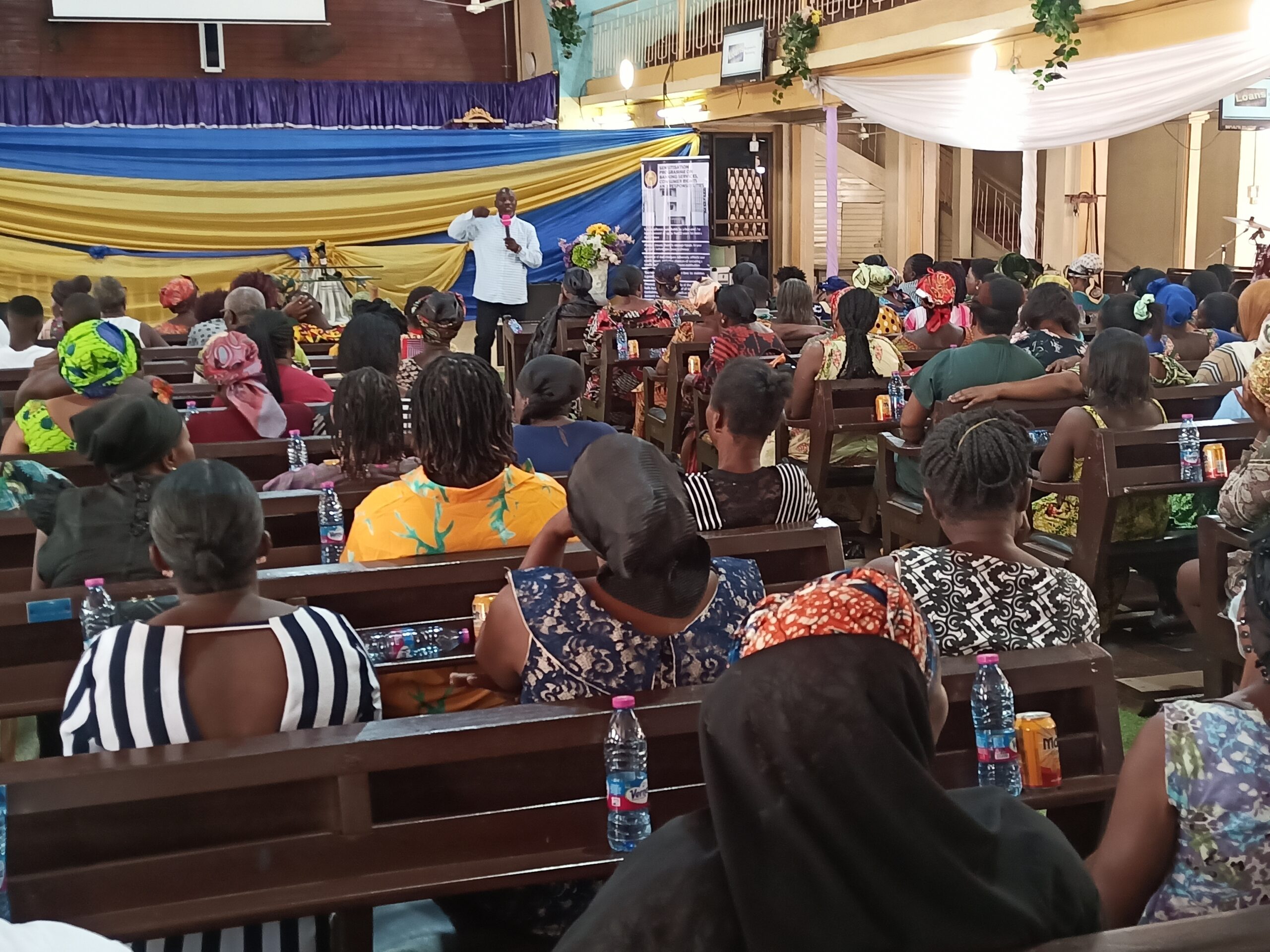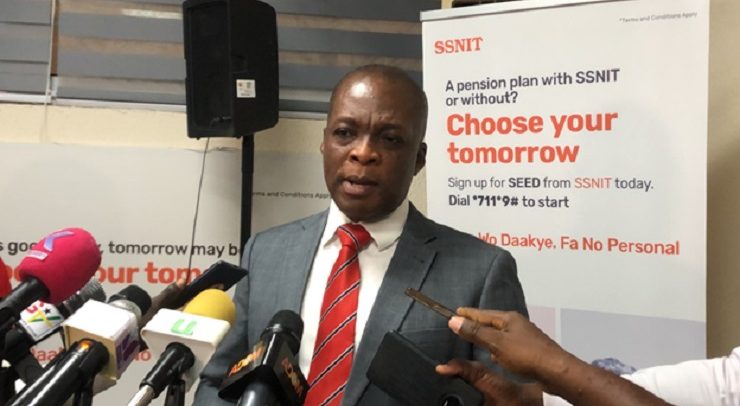
The Social Security and National Insurance Trust (SSNIT) is to revive its pension scheme for informal sector workers after four years of inaction.
The scheme was introduced in 2010 as a pension buffer for informal sector workers but fizzled out after going through some challenges.
Currently, it is being managed by the NTHC, another state-owned enterprise.
The new Director-General of SSNIT, Dr John Ofori-Tenkorang, however, said the informal sector pension scheme will revert back to the Trust.
He said the scheme, which will starting with cocoa farmers, aims to improve and deepen pensions coverage in Ghana. It will also help alleviate poverty of Ghanaians who work in the informal sector.
Dr Ofori-Tenkorang, who explained this initiative after the inauguration of a new board for the Trust, said a large percentage of the population worked in the informal sector, hence the need to create an avenue for them to also plan their future.
“We are going to reactivate the SSNIT informal sector pension scheme and we are starting with the cocoa farmers. They are by and large registered because they sell to registered bodies which is basically government through buying companies and their incomes are somewhat predictable.”
He explained that “it is easier to devise a scheme that will put some of their revenues aside for them. It is early days yet and we haven’t designed the product yet. But we will brainstorm and within those broad contours, I think we should be able to come up with a product that they would want to put their money in.”
Dr Ofori-Tenkorang said the challenge with extending pensions to the informal sector had to with difficulty in identifying them.
“The problem has been that it is very difficult to identify people in the informal sector, their businesses and what they do. We don’t have a unique way of tracking people,” he added.
Charge to board
The 11-member newly constituted SSNIT board has Dr Kwame Addo-Kufuor as its chairman. Members of the board are Ms Abena Osei-Asare, Mr Alex Frimpong, Mr Daniel Acheampong, Mr Joshua Ansah and Mr Prince William Ankrah.
The rest are Mr Mahamadu Assibi Azonko, Mr David Ofori Acheampong, Mr Benjamin Odotei Asumang, Beatrice Zakpaa Vib-Sanziri and Dr John Ofori Tenkorang.
The Minister of Finance, Mr Ken Ofori-Atta,who sworn them into office, urged the members to act in the interest of contributors of the scheme and ensure the robustness and prosperity of the Trust.
He said a look at the performance of the investment portfolio of SSNIT showed an abysmal performance over the years, putting the fund in a tight liquidity position.
“We are ,therefore, caught in a rather difficult situation. This is a huge task Mr chairman, and you would have to avert and turn this around. Overcoming these challenges are crucial as it would ensure that we improve the trust that the people of Ghana have in the scheme and therefore the liquidity of the trust,” he said.
He also urged managers of the Trust to leverage technology to enhance its operations with respect to coverage, service delivery and inter-institutional collaboration.
Government, the minister noted would ensure the prompt payment of all pension arrears soon.
Way forward for SSNIT
Mr Addo-Kufuor pledged the commitment of the board to direct SSNIT along the path of increased prosperity to justify the confidence reposed in them by President Nana Akufo-Addo and the sector minister.
“Supervision of such an institution places a heavy responsibility on the individuals involved. We pledge to carry out our duties to the best of our abilities,” he said.
Mr Addo-Kufuor explained that SSNIT, if well managed, could become a formidable institution that could assist the government in its serious attempt to resuscitate the national economy.
“SSNIT could partner the private sector to grow significantly and establish numerous enterprises which would become avenues of employment for our teeming young compatriots in search of jobs,” he said.
Over the years, SSNIT, he said had been bedeviled with several challenges, some of which were self-inflicted due to irregularities and improper practices within the Trust.
“The most significant of these is the sluggish payment of contributions of workers on government payroll to the Trust,” he said, urging the minister to take action on it. He said to be able to stabilise the Trust, “I believe there will be the need to subject SSNIT to an extensive review by reputable assessors of its performance and structure to enable a firm diagnosis to be made and appropriate therapy given.”
The Social Security and National Insurance Trust (SSNIT) is to revive its pension scheme for informal sector workers after four years of inaction.
The scheme was introduced in 2010 as a pension buffer for informal sector workers but fizzled out after going through some challenges.
Currently, it is being managed by the NTHC, another state-owned enterprise.
Read Full Story




















Facebook
Twitter
Pinterest
Instagram
Google+
YouTube
LinkedIn
RSS